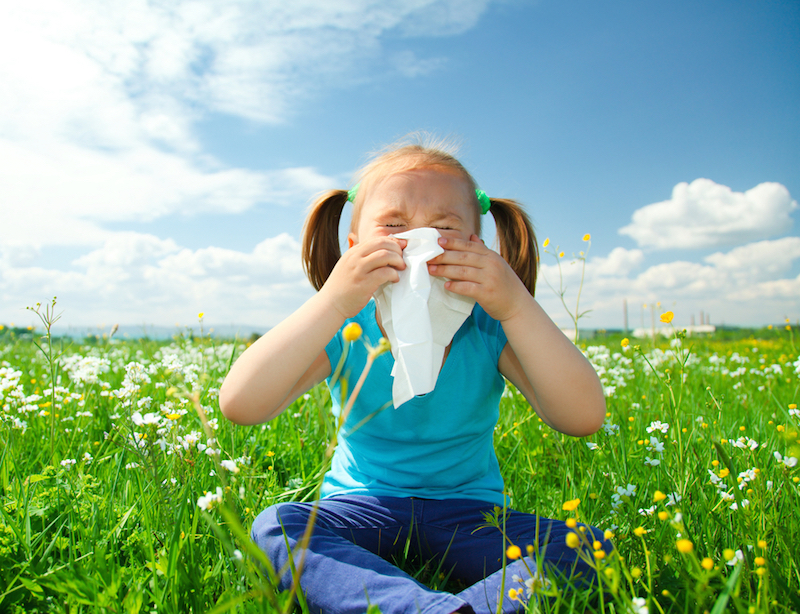Many Parents Stumble Over Giving Kids Allergy Medicine

When it comes to giving allergy medicine to kids, many parents are doing things that could potentially cause problems, a new poll finds.
Parents who were polled said they had trouble figuring out the right dose of allergy medications to give to their children, and some said they used adult versions of the drugs instead of child versions, according to a new poll.
When using adult allergy medications, "parents should be very careful to give their child the correct dose," Dr. Gary Freed, a pediatrician at the C.S. Mott Children's Hospital in Michigan and co-director of the poll, said in a statement. "Doses greater than recommended for children can result in more severe side effects,” Freed said. (Some side effects of allergy medications for kids are excessive drowsiness and headaches, according to the Food and Drug Administration.)
For the poll, researchers at Mott surveyed a nationally representative sample of U.S. adults who had children ages 6 to 12.
Overall, more than half the parents (55 percent) said they had given allergy medicine to their child in the past year. About 1 in 5 parents (21 percent) reported that it was hard to figure out the right dose of allergy medications for their child.
What's more, 15 percent of parents gave their child an adult form of the allergy medicine. Of these, about one-third gave their child the dose recommended for adults, while two-thirds used a partial adult dose. [How to Cope with Allergies & Asthma in 2017]
Although adult allergy medicines often contain the same ingredients as those for kids, the labels on the adult versions often don't include instructions on how much of the medicine to give children, according to Mott.
Get the world’s most fascinating discoveries delivered straight to your inbox.
The poll also found that 18 percent of parents did not check the expiration date on the allergy medicines before giving them to their children. Although expired medicines are unlikely to be dangerous, they could lose their potency over time, Freed said.
If parents aren't sure which allergy medication is right for their child, or how much to give their child, they should check with their health care provider before using the medicines, Freed said.
Freed advises parents to read medication ingredients to help them choose the right option for their child. It's a good idea to "match" a child's symptoms to the ingredients in the product — for example, antihistamines can help with symptoms such as a runny nose and itchy eyes, while decongestants can help with a stuffy nose, according to Mott.
The poll is based on a survey of 1,066 adults, and was administered in January 2017.
Original article on Live Science.

Rachael is a Live Science contributor, and was a former channel editor and senior writer for Live Science between 2010 and 2022. She has a master's degree in journalism from New York University's Science, Health and Environmental Reporting Program. She also holds a B.S. in molecular biology and an M.S. in biology from the University of California, San Diego. Her work has appeared in Scienceline, The Washington Post and Scientific American.


